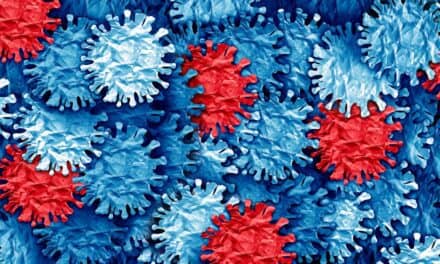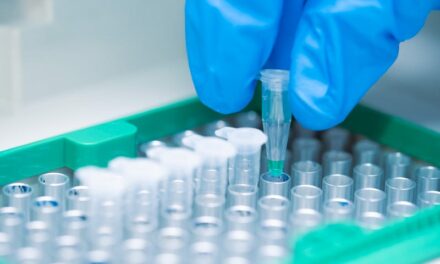As part of its ongoing effort to help stop the spread of COVID-19, Miami International Airport is now getting help from some furry new friends: detector dogs specially trained with protocols created by the Global Forensic and Justice Center (GFJC) at Florida International University (FIU).
Thanks to a resolution sponsored by Miami-Dade County Commissioner Kionne L. McGhee and approved by the Board of County Commissioners in March 2021, the Miami-Dade Aviation Department is partnering with the GFJC at FIU and American Airlines to host a 30-day COVID-19 detector dog pilot program at MIA, making it the first U.S. airport to test COVID-sniffing canines. The dogs are deployed at an employee security checkpoint.
“This pandemic has pushed us to innovate to stop the spread. I applaud Commissioner McGhee and the County Commission for thinking outside the box with this initiative,” said Miami-Dade County Mayor Daniella Levine Cava. “We’re proud to do everything we can to protect our residents. I look forward to seeing how the airport tests their skills and expanding the pilot program to other County facilities.”
Detector dogs have the potential for immediate detection and response to the virus in public spaces like airports. After hundreds of training sessions at FIU’s Modesto Maidique Campus in Miami this year, the detector dogs achieved accuracy rates from 96% to 99% for detecting COVID-19 in published peer-reviewed, double-blind trials. After the pilot program ends in September, FIU will continue to work on the accuracy and specificity, which will assist in COVID variant detection of the canine, following scientifically validated methods.
“COVID-19 has reshaped the world and lifestyle we are used to,” says Miami-Dade County Commissioner Kionne L. McGhee. “It has forced our businesses to become innovative in how they do business. It has forced our faith-based organizations and schools to bring forth a different approach to how congregations and students are taught. Even our families have had to readjust and become more creative in how they socialize and celebrate special occasions. Therefore, we must not stay behind in our approach to fighting the spread of this virus. I am proud to be the sponsor of a program that will bring about crucial life-saving benefits for our communities.”
The two dogs in the detector dog pilot program at MIA – Cobra (a Belgian Malinois) and One Betta (a Dutch Shepherd) – have been trained to alert to the scent of COVID-19. The virus causes metabolic changes in a person that result in the production of volatile organic compounds (VOCs). The VOCs are excreted by a person’s breath and sweat, producing a scent that trained dogs can detect. The metabolic changes are common for all people, regardless of their individual scents. If a dog indicates an individual is carrying the odor of the virus, that person is directed to get a rapid COVID test.
“Being able to apply decades of research in this way, to provide an additional layer of protection to airport employees at Miami International Airport, it’s humbling,” says Kenneth G. Furton, PhD, FIU provost and professor of chemistry and biochemistry. “These dogs are another valuable tool we can leverage to help us live with this ongoing pandemic.”
Numerous studies have demonstrated that detector dogs are one of the most reliable tools available to identify substances based on the odors they emit. Previous studies include demonstrating that detector dogs can reliably detect persons that have diseases, such as diabetes, epilepsy, and certain cancers. Detector dogs have long been used by federal and local agencies at MIA to detect prohibited currency, drugs, explosives, and agriculture.
“The COVID-19 detector dog pilot program is the latest effort by MIA to serve as a test bed for new innovations in safety and security,” says MIA Interim Director Ralph Cutié. “We are proud to do our part in the fight against COVID-19, and we hope to see this pilot program potentially benefit the rest of Miami-Dade County and airports across the country.”





